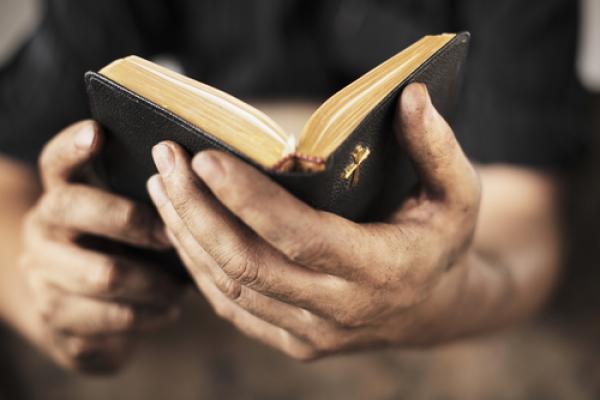Rather than mine being a theology of “Jesus died for your sin,” mine is one of “Thy Kingdom come.” That is archaic language, and I find that a little off-putting, yes, but given that it’s from the Lord’s Prayer, attributed to Jesus, I think it’s worth wrestling with. Basically, I share the interpretation of this line of the prayer with many seekers of social justice, like MLK, Walter Rauschenbusch and the like, who believe that the line, “Thy Kingdom come, Thy will be done, on earth as it is in heaven,” is an expression of longing, for God’s love to be fully realized, for our inequities and brokenness to be reconciled here on this earth, and not just some day after we die.
This is not likely something at which we will entirely arrive in this life, but it is something toward which we should re-orient ourselves daily, in order to seek it out, actively and vocally, in all we do. This, I believe, is Christ’s call to the world.
Read the Full Article

